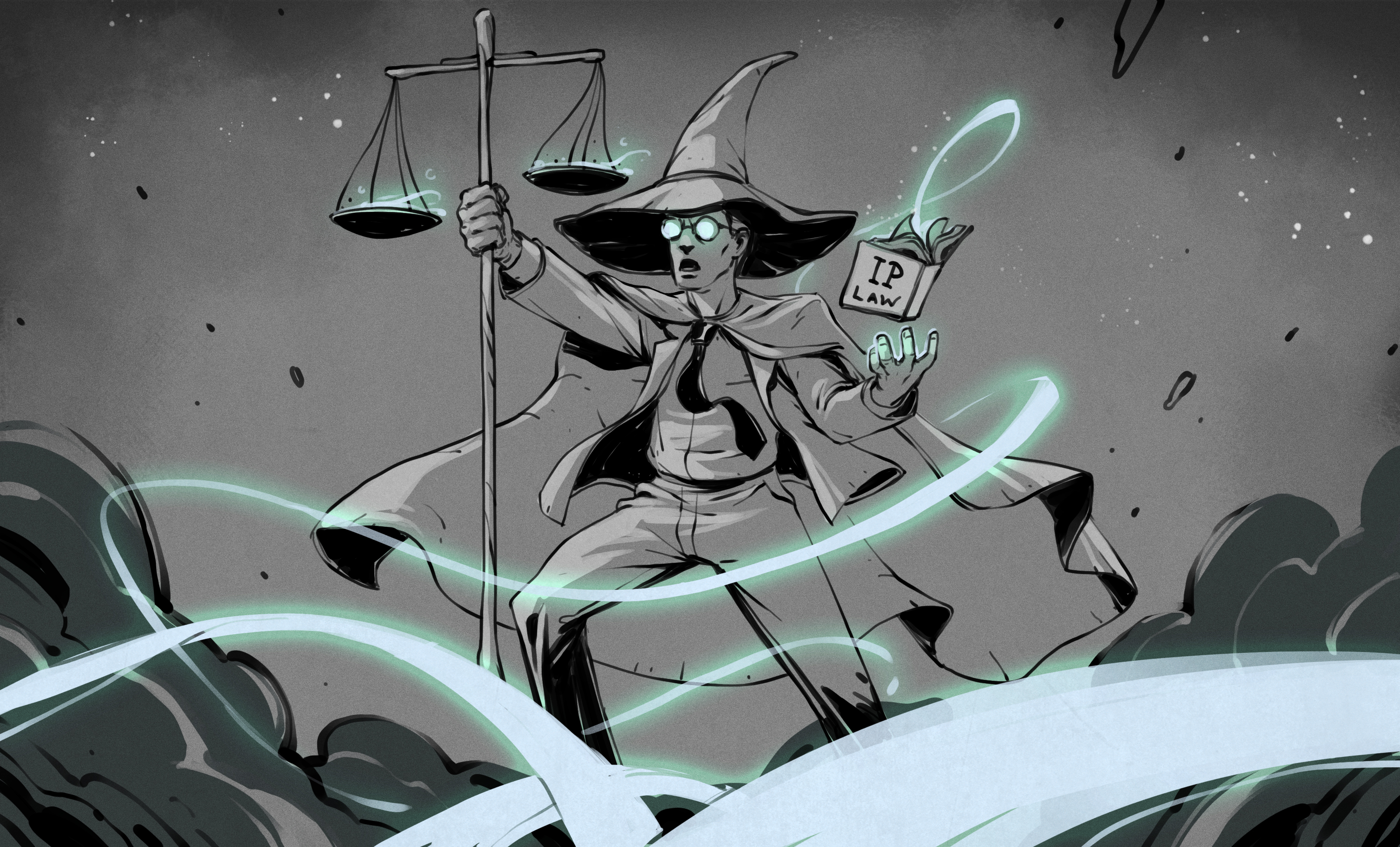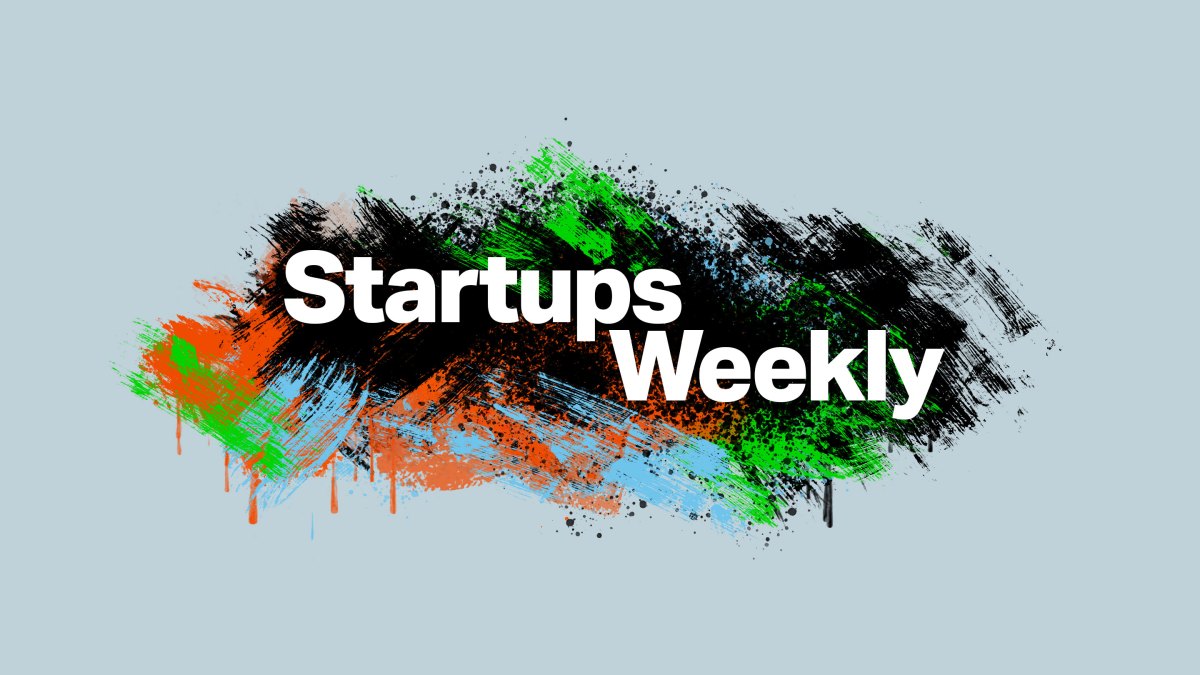Wizards get creative, maybe save the world
While it's not normal Hackaday fare, we've covered the Dungeons & Dragons license kerfuffle, partly because we're all nerds at heart, and also because it's worrying that an Open Source-style license can be "deauthorized". I contacted the Open Source Initiative and received a tell-tale comment that this issue was beyond their control, as OGL 1.0a did not meet the definition of a license approved by the OSI, and the update seemed like a disaster.
Since publishing our coverage, Wizards of the Coast has released part of the Fifth Edition System Reference Document (SRD) under a Creative Commons License, removed the Profit Sharing Language from the update OGL, but notably left the language in place regarding deauthorization version 1.0a of the license. As you can imagine, fans were still not amused, and we informed WotC of our displeasure when they launched an investigation, asking fans for their thoughts on the new license.
And the outpouring has been overwhelming, with over 15,000 survey responses in just over a week. The vast majority (90% for some questions) informed WotC that they had lost their collective mind. This response, combined with plummeting subscription numbers on DND Beyond, Paizo's explosion in popularity and the announcement of a new ORC license, as well as the plethora of publishers jumping ship , finally shone the light of reason on the direction of WotC.
The latest announcement is a victory in almost every way. OGL 1.0a will not be canceled and the entire 5th SRD has been released under the Creative Commons 4.0 By Attribution License. It's an interesting choice, because CC-BY-4.0 is a very permissive license. It is not "viral", as it imposes no licensing restrictions on derivative works, and there are no restrictions on commercial use. The only restriction is that attribution must be included. The latest SRD is now available under both licenses, you choose your preference. So, as a reward for going through the trauma, we're getting a significant portion of the game under an even less restrictive license. Well done.
I've seen some complaints that WotC didn't make OGL 1.0a irrevocable, and I think that's a misunderstanding of how licensing works. Assistants may not modify the text of OGL 1.0a to include an irrevocability clause. The only action they could take to accomplish this would be to authorize a 1.0b revision of the license and explicitly make that version irrevocable. While they're at it, I'd suggest they clean up the language on the permission works, to close the loophole that the OGL licensing project abused. I won't hold my breath.
We should mention that this announcement places no restrictions on WotC as to how they license the next iteration of Dungeons & Dragons. A D&D may very well come with an updated license containing some features from the leaked draft - and that's okay. As long as it doesn't include a measure to force already published content to migrate to the new license, the updated terms are well within their rights as content creators. And now, let's wait and see, is that enough to save the sinking ship?
One of the other points we made in our previous coverage was that the Open Source software world should watch this situation carefully and check their licenses for similar issues and flaws. Interestingly enough, the Free Software Foundation, the arbiter of the GPL licensing family, has just announced a change in statutes. Any new or updated license will now require the approval of a super majority of FSF administrators to sign it. It's hard not to see this as a response to and protection from the OGL drama. This means that a future GPL v4 has a higher hurdle to approval, giving us a bit more protection against a similar malicious license update.

While it's not normal Hackaday fare, we've covered the Dungeons & Dragons license kerfuffle, partly because we're all nerds at heart, and also because it's worrying that an Open Source-style license can be "deauthorized". I contacted the Open Source Initiative and received a tell-tale comment that this issue was beyond their control, as OGL 1.0a did not meet the definition of a license approved by the OSI, and the update seemed like a disaster.
Since publishing our coverage, Wizards of the Coast has released part of the Fifth Edition System Reference Document (SRD) under a Creative Commons License, removed the Profit Sharing Language from the update OGL, but notably left the language in place regarding deauthorization version 1.0a of the license. As you can imagine, fans were still not amused, and we informed WotC of our displeasure when they launched an investigation, asking fans for their thoughts on the new license.
And the outpouring has been overwhelming, with over 15,000 survey responses in just over a week. The vast majority (90% for some questions) informed WotC that they had lost their collective mind. This response, combined with plummeting subscription numbers on DND Beyond, Paizo's explosion in popularity and the announcement of a new ORC license, as well as the plethora of publishers jumping ship , finally shone the light of reason on the direction of WotC.
The latest announcement is a victory in almost every way. OGL 1.0a will not be canceled and the entire 5th SRD has been released under the Creative Commons 4.0 By Attribution License. It's an interesting choice, because CC-BY-4.0 is a very permissive license. It is not "viral", as it imposes no licensing restrictions on derivative works, and there are no restrictions on commercial use. The only restriction is that attribution must be included. The latest SRD is now available under both licenses, you choose your preference. So, as a reward for going through the trauma, we're getting a significant portion of the game under an even less restrictive license. Well done.
I've seen some complaints that WotC didn't make OGL 1.0a irrevocable, and I think that's a misunderstanding of how licensing works. Assistants may not modify the text of OGL 1.0a to include an irrevocability clause. The only action they could take to accomplish this would be to authorize a 1.0b revision of the license and explicitly make that version irrevocable. While they're at it, I'd suggest they clean up the language on the permission works, to close the loophole that the OGL licensing project abused. I won't hold my breath.
We should mention that this announcement places no restrictions on WotC as to how they license the next iteration of Dungeons & Dragons. A D&D may very well come with an updated license containing some features from the leaked draft - and that's okay. As long as it doesn't include a measure to force already published content to migrate to the new license, the updated terms are well within their rights as content creators. And now, let's wait and see, is that enough to save the sinking ship?
One of the other points we made in our previous coverage was that the Open Source software world should watch this situation carefully and check their licenses for similar issues and flaws. Interestingly enough, the Free Software Foundation, the arbiter of the GPL licensing family, has just announced a change in statutes. Any new or updated license will now require the approval of a super majority of FSF administrators to sign it. It's hard not to see this as a response to and protection from the OGL drama. This means that a future GPL v4 has a higher hurdle to approval, giving us a bit more protection against a similar malicious license update.
What's Your Reaction?






















